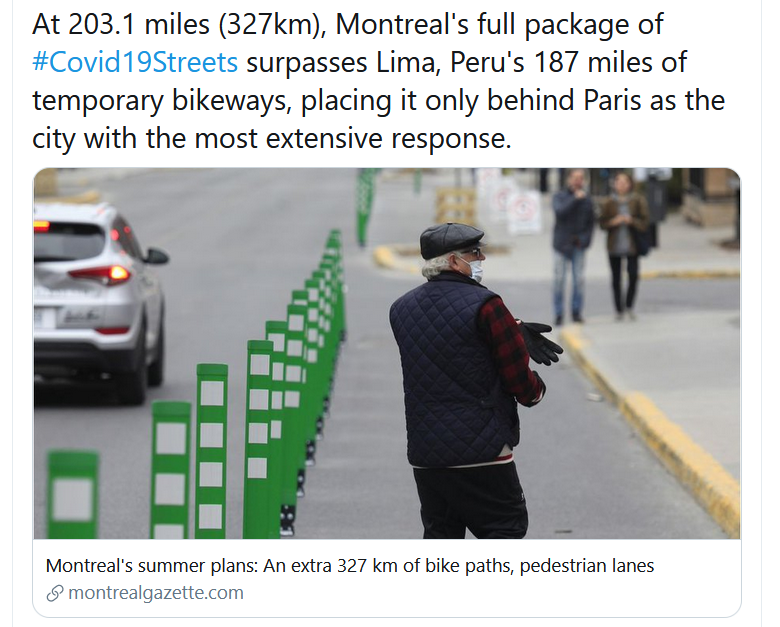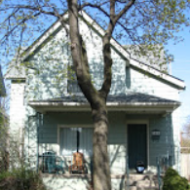From this morning’s installment of newsletters in my mailbox, I read a short essay from 2008 called Cities and Ambition that brought up some uncomfortable emotions for me.
The premise of the essay is that a great city sends a message of ambition to its residents and this message matters greatly.
Now we could take up arms against this claim with scrutiny and evidence but instead I will ask you, dear reader, to instead, try this idea out. Let’s get into this premise, drive around in it, and see how far we can get.
Great cities attract ambitious people. You can sense it when you walk around one. In a hundred subtle ways, the city sends you a message: you could do more; you should try harder.
The surprising thing is how different these messages can be. New York tells you, above all: you should make more money. There are other messages too, of course. You should be hipper. You should be better looking. But the clearest message is that you should be richer.
What I like about Boston (or rather Cambridge) is that the message there is: you should be smarter. You really should get around to reading all those books you’ve been meaning to.
When you ask what message a city sends, you sometimes get surprising answers.
Cities and Ambition, Paul Graham, May 2008
Years ago, I heard Suzanne Vega telling an interviewer that whenever she finds herself in a new city, she asks herself, who would be the city, if the city was a person?
This is who Windsor is to me.
Windsor is a middle aged man who lives in the suburbs of South Windsor. He loves the Tigers and/or The Lions, college football, hockey, but stopped watching basketball when the Pistons fell from grace. Before these unprecedented times, his family would make regular shopping trips in Detroit. Well, not in Detroit proper. He only goes to downtown Detroit to watch professional sports and concerts. He thinks of Motown and Bob Seger as his music. He avoids walking and walking in downtown Windsor in particular. He has never taken his family to Uncle Tom’s Cabin but they go to the Kalahari Resort in Sandusky every winter. He can afford the fanciest golf courses in the area and that makes him feel chuffed. He loves the fact that Windsor has a long-standing history of supplying vice to Detroit: prohibition, casinos, strip clubs, but he doesn’t believe bringing retail cannabis to its neighbourhoods. He is boring.
Now before I continue, please do not reply with a ‘not all Windsor residents’ comment (otherwise known as “No Tall Men”). Yes, I know that you, dear reader, you are different. You are better than this. You have listened to Detroit techno. You go to the DIA to watch foreign films. You think we should invest in new industries in the area. You think the food scene of the region is grossly undervalued. You get really annoyed by people like me who are just so negative.
But I’m not talking about you. I’m talking about Windsor as a person. And let me tell you why I believe my characterization holds. Whenever I hear of a new initiative or project from our municipal government, I ask myself, Could this project happen in the 1950s? And if it is, then I know it will come to be. And if sounds even remotely progressive, it will fail or be kneecapped.
Every day, I read of another city that has recognized that it needs to open up its parks and its streets to its residents so they can enjoy the outside, safely. Every day, I read articles of cities that are adding miles and miles of bike lanes so that people can move freely without the ever-present gut-wrenching fear that a car will take their life or the life of a loved one.

I’m discouraged by our lack of ambition when it comes to building a better city. I’m discouraged that despite having natural habitats constitute the lowest percentage of any region in all of Ontario, we cannot seem to even maintain what little we have, much less talk about a future in which we restore and expand existing habitat. I’m discouraged when reports that suggest that Windsor could do much more to improve the quality of life of its women or that child poverty is a serious problem, the mayor and others respond by taking offense and questioning the numbers. I’m discouraged that our politicians constantly remind us of a fact is no longer true — “Windsor is the fourth most diverse city in Canada” — because this fact is not self-evident when you look at our police force or our civic leadership.
How much does it matter what message a city sends? Empirically, the answer seems to be: a lot. You might think that if you had enough strength of mind to do great things, you’d be able to transcend your environment. Where you live should make at most a couple percent difference. But if you look at the historical evidence, it seems to matter more than that. Most people who did great things were clumped together in a few places where that sort of thing was done at the time….
No matter how determined you are, it’s hard not to be influenced by the people around you. It’s not so much that you do whatever a city expects of you, but that you get discouraged when no one around you cares about the same things you do.
What do you think is the ambition of the city of Windsor?

